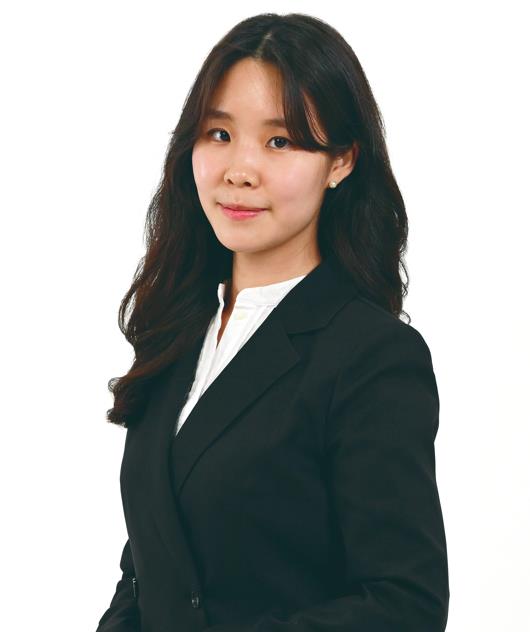Mayors of Yongin, Austin discuss bilateral ties to develop cities of technology powerhouse
On his recent US trip, Mayor Lee Sang-il exhibits his determination to turn Yongin into world-class semiconductor city
By Lee Jung-younPublished : Jan. 11, 2023 - 14:51

Yongin Mayor Lee Sang-il met with Austin City Mayor Kirk Watson in Texas on Monday to discuss ways to bolster bilateral cooperation, particularly in the field of semiconductors, with an aim to turn the city, home to Samsung Electronics chip plants, into the center of the global chip industry.
After visiting the Consumer Electronics Show in Las Vegas on Saturday, Lee flew to Austin, where Samsung has a chip plant.
Lee first congratulated Watson, who won the mayoral election in December. Mayor Watson replied, "I have visited Korea twice and I am well aware of the development of Korea and the city of Yongin. I hope that we will build good ties between cities in the future."
Lee also had an hourlong meeting with Austin city government officials including David Gray, assistant director at City of Austin Economic Development Department and Fang Fang, president of the Greater Austin Asian Chamber of Commerce. In the meeting, the officials agreed to seek ways to jointly develop Yongin and Austin, not only in terms of economy and industry but also in the fields of culture, arts, sports and education.
Austin city officials highlighted that Korean semiconductors started in Yongin, and that the city was continuously investing into the Korean chip companies.
"There are many similarities between Austin and Yongin. Samsung Electronics has been in place since 1996 in both cities and the population is almost the same, which is around 1 million," they said.
Austin is home to world-class ICT companies such as Google, Amazon, Apple, Facebook, Intel, and Dell Technologies, as well as Samsung Electronics. The city is one of the fastest-growing cities in the United States, with more than 1 million citizens, including the suburbs.
More widely, Texas is home to a variety of high-tech semiconductor companies. It has attracted giant companies with unconventional tax incentives such as Chapter 313 -- a policy providing a 10-year property tax cut for companies if they offer jobs to students from universities located within Texas.
Samsung Electronics received Chapter 313 approval at the end of last year and with it a tax reduction of 6 trillion won ($4.8 billion). The approval can be interpreted as an indication of support from the Texas government, responding to Samsung Electronics’ announcement that it plans to invest 218 trillion won in Taylor City, which is a 30-minute drive from Austin. The Korean company plans to establish nine semiconductor foundry plants there that will manufacture next-generation chips from 2034 to 2042.
Yongin City officials said the main purpose of the Lee’s visit to Austin was to meet with Austin city officials and examine the US local government's policies to support the semiconductor industry, ultimately to figure out effective support policies that Yongin can provide for domestic semiconductor corporations.
Before visiting Austin, Lee met with Won Hee-ryong, the Korean minister of land, infrastructure and transport, at CES in Las Vegas on Saturday. Lee asked Won for help to expand transportation infrastructure in Yongin, saying, "Yongin is trying to speed up the work to create the SK Hynix semiconductor cluster." Won responded by saying, "I am very interested in the development of Yongin as a semiconductor city."
In addition, Lee has continuously contacted with government officials to build facilities related to semiconductor technologies. In November last year, Lee met with Jang Sang-yun, the vice minister of education and Lim Tae-hee, head of the Gyeonggi Provincial Office of Education, to discuss establishing a high school in Yongin specializing in AI and semiconductor-related education. Lee stressed that one of the essential things to foster the semiconductor industry was education.
A journalist-turned-politician, Lee built his journalism career up over about 25 years, mostly covering politics. He entered politics by winning a seat in the National Assembly in 2012, and served as a spokesman seven times for the conservative party, which is now called the People Power Party. He also worked on Yoon Suk Yeol’s presidential election campaign last year.
Lee has expressed his determination to use the connections and networks that he has accumulated in his career in journalism to make Yongin a global semiconductor market. "If it is to develop our city, I will meet all the people who will help us and ask for active support," Lee said.
By Lee Jung-youn (jy@heraldcorp.com) and Park Joung-kyu (fob140@heraldcorp.com)


















